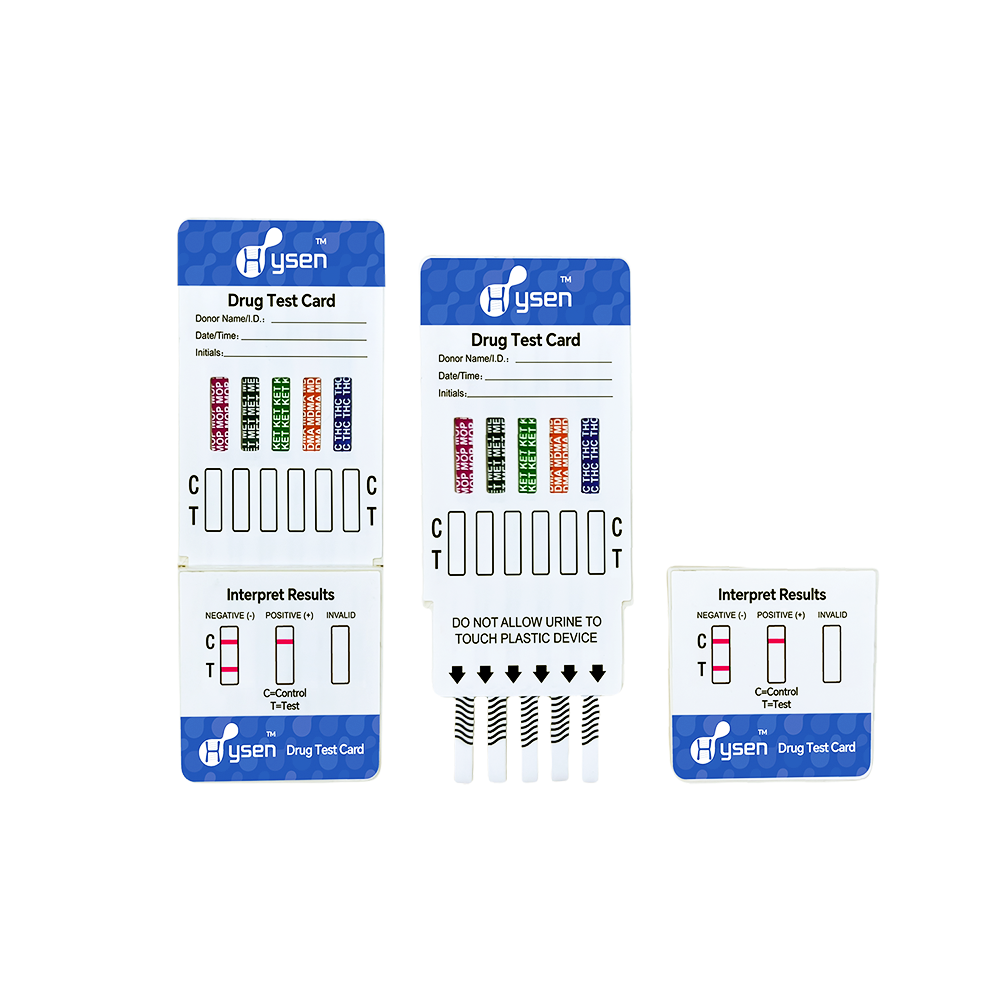Regulatory Compliance and Evolving Standards
Adherence to Constantly Changing Regulations
Toxicology device manufacturers face significant challenges in complying with ever-evolving regulatory standards. Adhering to regulatory requirements is critical for market success, yet these regulations are often subject to change. In recent years, the complexity of compliance has increased, with new international guidelines and standards constantly emerging. Manufacturers must stay informed and agile to adapt to these changes, ensuring that products meet all necessary regulatory criteria.
Custom Regulatory Requirements
Device manufacturers must navigate custom regulatory pathways for different regions. The regulatory landscape varies significantly between countries, with each region implementing specific requirements for device approval and monitoring. This necessitates a thorough understanding of local regulations and a tailored approach to compliance, often requiring significant investment in research and specialized legal expertise.
Innovations and Technological Advancements
Integration of New Technologies
Toxicology device manufacturers operate in a rapidly advancing technological arena. The introduction of cutting-edge technologies such as machine learning, AI, and automation presents both opportunities and challenges. While these technologies can enhance testing capabilities and efficiency, integrating them into existing systems requires substantial investment and a strategic approach to innovation management.
Factory Production Challenges
The adoption of new technologies also impacts factory production processes. Manufacturers must continually adapt their production lines to accommodate new device features and functionalities. This necessitates regular updates to equipment and processes, which can be resource-intensive and require specialized expertise for implementation and maintenance.
Sample Collection and Handling Complexities
Ensuring Accurate Sample Collection
Accurate sample collection is critical for reliable toxicology testing. Manufacturers must design devices that facilitate precise sample handling while minimizing the risk of contamination. This can be particularly challenging in scenarios where samples may be tampered with, such as in drug of abuse testing. Manufacturers must develop innovative solutions to safeguard sample integrity, often requiring advanced materials and design features.
Supplier Coordination in the Supply Chain
Effective supply chain management is crucial for ensuring the timely and accurate delivery of device components. Coordination with suppliers is essential to guarantee that raw materials meet the stringent quality standards required for toxicology testing. Manufacturers must establish strong relationships with suppliers and implement rigorous quality control measures to ensure consistency and reliability across the supply chain.
Billing Practices and Financial Management
Complex Billing Structures
Toxicology device manufacturers often grapple with intricate billing structures. The financial landscape in this sector is complicated by varying reimbursement rates, insurance requirements, and regional regulations. Manufacturers must develop robust billing practices to ensure compliance while optimizing revenue streams.
Financial Viability and Custom Pricing Models
Maintaining financial viability requires manufacturers to adopt custom pricing models that reflect the true cost of device development and production. This includes considering factors such as regulatory compliance costs, technological investments, and supply chain logistics. A strategic approach to pricing can help manufacturers remain competitive while ensuring sustainable profitability.
Staffing and Training Challenges
Recruitment of Skilled Professionals
The recruitment and retention of skilled professionals is a pressing issue for toxicology device manufacturers. The industry requires individuals with specialized expertise in fields such as chemical analysis, regulatory compliance, and technology integration. Manufacturers must invest in comprehensive training programs to attract and retain top talent, fostering a workforce capable of navigating the complexities of modern toxicology testing.
Continuous Professional Development
- Regular training updates
- Certification programs
- Workshops and seminars
Continuous professional development is vital for keeping pace with industry advancements and regulatory changes. Manufacturers must provide ongoing training opportunities to ensure their workforce remains at the forefront of toxicology innovations and standards.
New Drug Trends and Detection Limitations
Adapting to Emerging Drug Trends
The emergence of new psychoactive substances presents a constant challenge for toxicology device manufacturers. These substances often require the development of new detection methods and technologies. Manufacturers must stay vigilant to evolving drug trends and adapt their testing methodologies to ensure comprehensive detection capabilities.
Addressing Limitations in Detection Sensitivity
Manufacturers face challenges in improving detection sensitivity to ensure accurate and timely results. This requires ongoing research and development to enhance device capabilities, often necessitating collaboration with academic institutions and research facilities.
Data Management and Reporting Requirements
Efficient Data Handling Systems
Data management is a critical aspect of toxicology device manufacturing. Efficient systems are required to store, process, and analyze vast amounts of testing data. Manufacturers must develop robust data handling systems that comply with data protection regulations while providing reliable and accessible reporting functionalities.
Custom Reporting Solutions
Custom reporting solutions are essential for meeting the diverse needs of end-users. Manufacturers must offer flexible reporting options that cater to different clinical and regulatory requirements. This often involves the development of tailored software solutions that integrate seamlessly with existing laboratory information systems.
Biocompatibility and Safety Assessments
Ensuring Biocompatibility
Biocompatibility remains a vital consideration for toxicology device manufacturers. Devices must undergo rigorous testing to ensure they do not pose safety risks to patients. Manufacturers are required to conduct comprehensive safety assessments, adhering to international standards such as ISO 10993-1.
Managing Biological Risk
Managing biological risk involves identifying potential safety issues related to device materials, production processes, and usage contexts. Manufacturers must implement stringent risk management strategies to safeguard human subjects and meet regulatory expectations.
Interdisciplinary Collaboration and Communication
Fostering Collaboration Across Disciplines
Interdisciplinary collaboration is essential for the successful development of toxicology devices. Manufacturers must facilitate communication and cooperation between experts in diverse fields, such as engineering, medicine, and regulatory affairs. This collaborative approach ensures that devices meet the highest standards of quality and efficacy.
Supplier and Stakeholder Engagement
Engaging with suppliers and stakeholders is critical for aligning objectives and achieving shared goals. Manufacturers must foster strong partnerships with key stakeholders to ensure a cohesive approach to device development and market entry.
Future Directions and Strategic Planning
Strategic Vision for Innovation and Growth
Looking to the future, toxicology device manufacturers must adopt a strategic vision that prioritizes innovation and growth. This involves identifying emerging trends, investing in R&D, and building adaptive business models that can respond to market shifts and technological advancements.
Custom Solutions for Evolving Challenges
Manufacturers must provide custom solutions that address the unique challenges faced by the industry. This includes developing flexible product offerings, enhancing manufacturing processes, and implementing forward-thinking strategies that ensure sustained success in a competitive market.
Hysen Provide Solutions
Hysen provides comprehensive solutions to meet the challenges faced by toxicology device manufacturers. Our customized approach leverages cutting-edge technologies and industry expertise to enhance regulatory compliance, streamline production, and optimize financial management. Through strategic partnerships with suppliers and stakeholders, we deliver tailored solutions that address evolving drug trends and detection limitations. Hysen is committed to innovation and excellence, ensuring that your devices meet the highest standards of quality and safety.

Post time: Jul-25-2025
















